Choosing a Child Care Provider
High quality child care is extremely important in the lives of children and families. It helps children to develop skills they will need for the rest of their lives; it supports families in their child-rearing role by providing a warm and nurturing environment for their children as well as knowledgeable and empathetic adults who are their willing partners in this enterprise; and it plays an important role in the community's ability to support the business of living their lives. (Partners in Quality Communities CCCF, 1999)
Quality child care should support a child's emotional, social, intellectual and physical well being.
Indicators of Quality Child Care
Quality care involves a variety of factors that affect children, parents, staff, and caregivers. Adult-child ratio, group size, caregiver training and education, the curriculum, physical environment, interactions, parent involvement and relationships are among the aspects which need to be recognized as part of the child care environment. Many of these factors are identified in research which examines issues related to quality child care. (Administering Early Childhood Settings The Canadian Perspective, Yeates, McKenna, Warberg, Chandler)
Important Elements
Important items for quality child care:
Caregiver Qualities
Look for the following qualities in a caregiver:
Environment
Look for the following qualities in the environment:
Child Care Costs and Financial Assistance
The cost of paying for child care is a major consideration for most families. A large part of family income is needed to pay for high quality child care programs.
There are many reasons why child can be so expensive. Some of the reasons include high ratios of adults to children, provider qualifications, location of care and costs of space, insurance, equipment and special programs. Quality care for infants and toddlers can be especially expensive due to small group sizes.

Choosing Child Care
Choosing child care is one of the most important decisions you will ever have to make. Before making that decision there are some things to consider. The following information includes items you should consider in your decision. For more information please contact your Child Care Resource & Referral office.
What to consider in your decision...
Choosing child care is one of the most important decisions you will ever have to make. Before making that decision there are some things to consider. The following information includes items you should consider in your decision. For more information please contact your Child Care Resource & Referral office.
- What needs and priorities are important to you and your child?
- What days and hours of care do you require?
- Which location would you prefer the care to be close to; home, school or work?
- What is the best type of care for your child and family? (group setting, family setting)
- What fees can you afford?
- Are you eligible for the Affordable Child Care Benefit?
- What qualifications do you want your child care provider to have?
- Do you want your child care provider to be a member of any child care organizations or support groups?
- Do you want your child care provider to be continuously upgrading herself by participating in child related training or workshops?
- What guidance methods do you and your child prefer?
- All licensed child care facilities in British Columbia are required to have a guidance and discipline policy as per section 27 of the Child Care Licensing Regulation.
Questions to ask potential child care providers
When you have received several names of child care providers or facilities, it is time to pick up the phone and call the names on your list. But before you do, you will want to jot down some of the questions you will want to ask over the phone. These questions could include any of the following:
- Are you licensed?
- If you are licensed, has your program ever been under investigation by the local health authority? Is your program currently being investigated?
- If you are not licensed, are you registered with the local Child Care Resource and Referral Program?
- How many children do you care for?
- What ages are the children in your care?
- What are your hours of operation? What days are you closed?
- What are your fees?
- What child care experience and training do you have?
- What do you do with the children over a typical day/week?
- Does your program have any special features?
- What are your arrangements for when you are ill or on holiday, or in case of emergency?
- Do you encourage parent involvement? Can I visit whenever I wish?
- Who supplies diapers, blankets, meals, or snacks?
- Do you accept children who require extra support? Why/Why not?
- Are you willing to adapt your program to meet the needs of a child who requires extra support?
- Can you give me at least two references, preferably of parents who have used your child care setting.
- Does anyone in your child care setting smoke? (Note: Smoking is not permitted in licensed facilities). What is your smoking policy when children are present?
- Do you have space available?
- If not:
- Is there a waiting list?
- How long is the waiting list
- If not:
- Are you licensed?
Find potential child care providers
Once you have considered the above information it is now time to find potential child care providers. Visit our Locating Child Care page.

